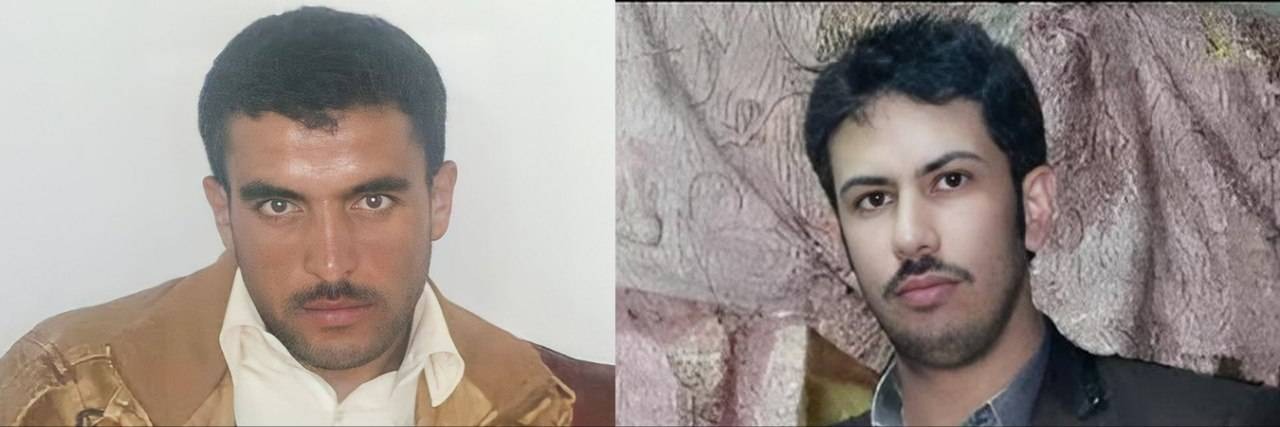
On December 29, 2022, the families of Yemeni citizens were informed via a phone call that Muhammad Moqbel Al-Wasel and Shaja’a Salah Jamil were in the execution yard in the Kingdom of Saudi Arabia, awaiting the execution of their death sentences within half an hour. The two families were shocked by the news, and some of them tried to contact the number again, but they failed, and they were unable to find any additional details.
Muhammad Muqbil Al-Wasel, born in 1995, left for Saudi Arabia to search for work in 2011 when he was about 16. Months after his arrival in Saudi Arabia, he was arrested. The family did not know anything about his fate until 5 years after his arrest when he informed them that he was arrested. After that, Al-Wasel's communication with his family was limited to intermittent phone calls every year, in which he did not tell them about the nature of his charges and his sentence, nor that he was sentenced to death.
Shajaa Jamil had disappeared for two years after leaving for Saudi Arabia before he called and informed them that he was arrested, without any other information about the reason for his arrest and charges.
The family did not receive any official notification from Saudi Arabia of the rulings or their implementation. They did not receive any information about the fate of the bodies, their wills, or their personal belongings, after days of contact.
The European Saudi Organisation for Human Rights did not monitor any official statement by the Saudi Ministry of Interior about the two executions. The organization had received information that raised fears of Saudi Arabia secretly carrying out death sentences.
ESOHR confirms that depriving detainees of their right to communicate with their families regularly is a form of torture and cruel treatment. In light of the blatant flaws in the justice system in Saudi Arabia, and with the lack of confidence in it, the lack of communication increases fears of violations that the two young men may have been subjected to, starting from torture and deprivation of the right to self-defence to arbitrary sentences.
ESOHR indicates that the information it obtains from the family confirms that Al-Wasel was a minor when he was arrested, perpetuating fears that the number of minors who were killed and threatened with execution in Saudi Arabia could be much higher than what was monitored. Statistics from ESOHR indicate that 12 minors were executed during the reign of King Salman bin Abdulaziz, and currently 8 minors are at risk of execution.
In addition, ESOHR's monitoring confirms that Saudi Arabia is currently holding 132 bodies of individuals who were executed or killed extrajudicially, and with the statements of the two Yemeni families, the number appears to be higher than that, in light of what appears to be a pattern of violations against migrant workers, whose cases are difficult to document.
The European Saudi Organization for Human Rights considers that the record numbers of executions carried out in recent years do not represent the only bloody aspect of the Saudi government's abuse, as the secrecy in trials and recently in implementation, and the blatant disregard for official promises, as well as the torture of families by holding bodies, confirms the arbitrary use and political punishment.
